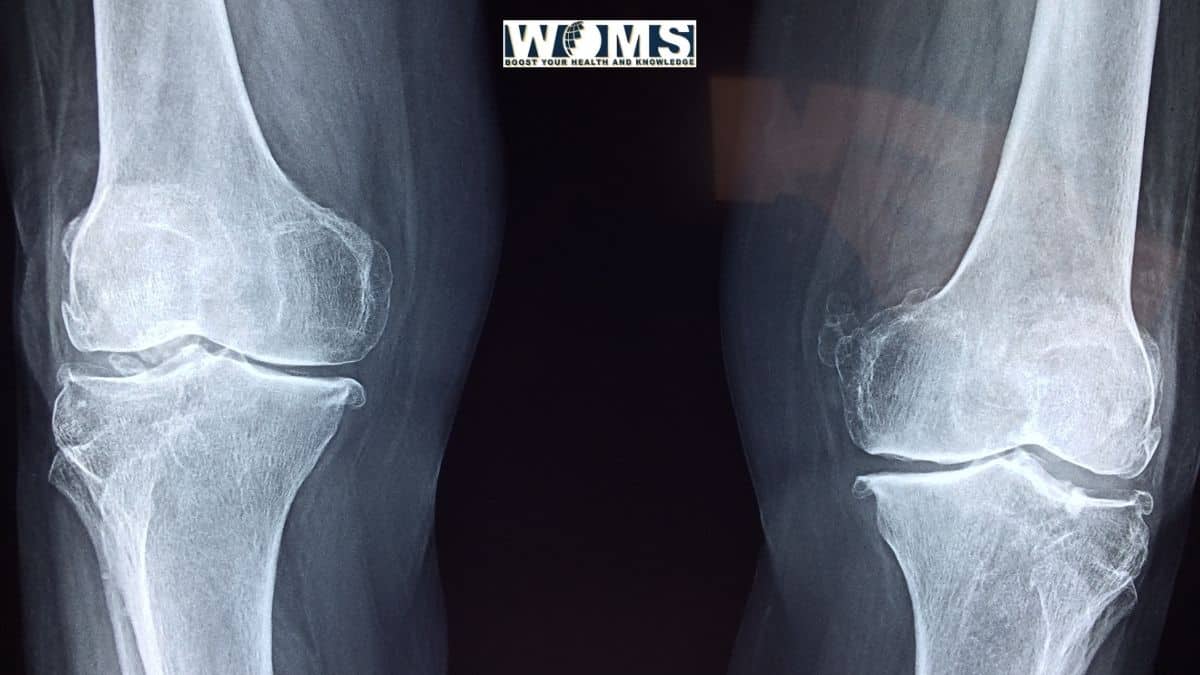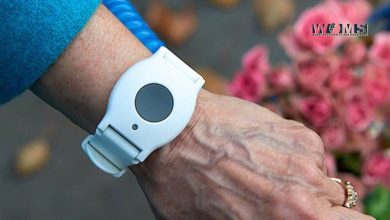Ways to Prevent and Manage Age-Related Bone and Joint Conditions

Introduction
We reach our maximum bone density around age 30. After that, we start to lose some bone mass. If you have weak bones around the time you’re 30, you’re likely to develop osteoporosis at an earlier age. By the time we reach age 50, our bones start to break down faster than our body can naturally replace them.
Bone loss and other bone issues are one of the main effects of aging, or it can be due to a vitamin deficiency, or both. Some bone-related conditions can be prevented and even reversed, while others are chronic and incurable, but the progression can be slowed down.
How to Combat Osteoporosis
Osteoporosis is when your bones become weak and are more likely to fracture and break. Weak bones make the elderly more susceptible to falls, which can cause even more serious breaks. This is an occurrence that happens more with seniors living at home alone but can also occur in nursing home facilities but shouldn’t because there should be round-the-clock staff to prevent these instances.
A diet rich in calcium and vitamin D (which are known to support bone health) can help prevent osteoporosis. Of course, it’s still important to eat a balanced diet, rich in all essential vitamins and minerals.
Exercising regularly is another way to help prevent osteoporosis, specifically weight-bearing exercises. Exercises that incorporate weights and muscle toning promotes bone formation and can even slow down bone loss due to aging. If you’ve already been diagnosed with osteoporosis, it’s important to talk to your doctor to determine the right treatment for you.
Arthritis
Arthritis is when your joints swell, causing pain and stiffness in that area. Two main types of arthritis are osteoarthritis and rheumatoid arthritis.
Osteoarthritis
Osteoarthritis is caused by the normal aging process. “Wear and tear” on your joints cause the slippery tissue covering your bones to wear down, resulting in pain, swelling, and even deformation of the joints. Unfortunately, osteoarthritis isn’t 100% preventable, but there are things you can do to slow the progression.
Similar to osteoporosis, the key to managing osteoarthritis is to maintain a healthy lifestyle. This means staying active and eating healthy. Moderate exercise and even stretching can strengthen your joints, bones, and muscles. A diet rich in proteins, vitamins, minerals, and water is also helpful in keeping healthy and strong joints, bones, and muscles.
Rheumatoid Arthritis
Unlike osteoarthritis, rheumatoid arthritis is an autoimmune disease, meaning that your immune system mistakenly attacks your bones and joints. Certain things can be done to help limit your risk of developing rheumatoid arthritis, such as exercising regularly; limiting alcohol consumption and use of tobacco products; and increasing your intake of foods containing omega 3 fatty acids, and vitamins A and D.
Exercise, specifically strength training, cardio exercises, and even yoga are effective at helping to combat and slow the progression of rheumatoid arthritis. The key thing is to strengthen your muscles, increase your heart rate, and improve your balance.
Osteomalacia
Osteomalacia is the softening of the bones, caused by a vitamin D deficiency. Unlike the other bone issues mentioned above, this one is more common in children and young adults, resulting from bones not maturing in the way that they’re supposed to but it is still possible for bed-bound seniors to develop this. Because this and many other bone issues are a result of a lack of vitamin D, it’s important to make sure that enough vitamin D is present in the diet. Foods high in this fat-soluble vitamin include dairy products, salmon, and egg yolks. Getting adequate sunlight is also a great source of natural vitamin D.
Conclusion
Our lifestyle has a huge impact on our health. Some age-related conditions are genetic, but a healthy diet and exercise can help reduce the risk of developing certain ailments later in life. A healthy lifestyle can also help alleviate the pain and progression of many of these conditions. Exercising regularly and consuming a healthy diet is essential at every stage of life, and it shouldn’t be discontinued as we age.




